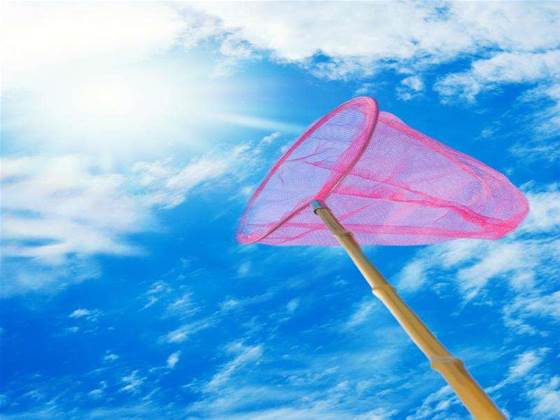The black list's appearance on wikileaks.org demonstrated the futility of the Government's proposed censorship regime and the need for fresh thinking, the not-for-profit organisation said.

Donna Ashelford, president of SAGE-AU, said publication of the list has, in effect, given every 15-year-old in Australia a guide to porn online.
"The Government's trial has both fatally damaged the cause of internet filtering, and damaged Australia's global reputation since the Government [also] appears to be trying to block legitimate websites from the Australian public," she said.
"It also appears that the release of the blacklist was not a leak, but rather a reverse-engineering of the software the government provided to home internet users, which raises serious questions about the security of the list."
The secrecy of the blacklist itself creates a public hazard, according to Ashelford.
"If you release it to the public, it becomes a guide to the content you are trying to keep out; if it is neither released nor effectively vetted, it can be used inappropriately to block legitimate content," said Ashelford.
The Federal Government needed to apply fresh thinking to its approach to addressing objectionable content online, she said.
"They need to step back, define what the problem is and then come up with a workable solution to that problem," she said.
SAGE-AU continues to support a three-phase plan it released last November to provide safety for children using the Internet.
Its proposal comprises of; Encouraging "family-friendly" ISP services; improved parent education; and more rigorous enforcement.
The independent body also supports increased budgets for the Australian Communications and Media Authority (ACMA) and the Australian Federal Police to identify and remove illegal content from Australian hosts.
SAGE-AU also released a table of predictions one of its members, Mark Newton, made in October 2008, matched against outcomes that have eventuated since (see below).
|
Prediction |
Fulfilment |
|
There is no serious problem to solve. |
Both Harvard and ACMA (the Australian Communication and Media Authority) have released research showing that the biggest problem with children online concerns bullying and identity theft. The Harvard group contended that online child abuse is a false threat promulgated in an atmosphere of moral panic. The ACMA research shows that parents rate TV as a bigger threat to their children than the Internet. |
|
Even if there was, there's no public support to solve it. |
GetUp has gathered nearly 100,000 signatures and raised nearly $50,000 in donations; evidence of significant public opposition to the plan. Polls by major media organisations have shown the policy to be unpopular with the public. |
|
Even if there was support, this solution won't work. |
Not even the scheme's supporters believe it will work. Experts in the field know it will not work. Senator Conroy has said in answers to Senator Ludlum's questions that the Government has no plans to restrict circumvention. |
|
Even if it could work, it's too expensive. |
Last month, news.com.au reported the "live trials" had been delayed for three months partly because DBCDE was having difficulty securing funding for the testing. Given the size of test ISPs, there was no need to purchase high-end equipment. |
|
Even if it was affordable, it'll be implemented very poorly. |
There are already signs of poor implementation including blacklisting legal but controversial sites, serving link deletion notices on Whirlpool, numerous false positives in the black list including a dentist, breeding kennels and other innocuous sites. |
|
Even if it were implemented perfectly, the blacklist would leak. |
The list, in several dated versions, is now available on the Internet. The latest list has been considerably shortened. It appears that the lists were not "leaked" but reversed engineered from packages designed to run locally on home computers. |
|
There's no possibility that it won't leak |
There is no doubt that leaks will be repeated if the system becomes mandatory. |
Additional reporting by Brett Winterford.




_(28).jpg&h=140&w=231&c=1&s=0)
_(22).jpg&h=140&w=231&c=1&s=0)



_(26).jpg&w=100&c=1&s=0)

 iTnews Executive Retreat - Security Leaders Edition
iTnews Executive Retreat - Security Leaders Edition












_(1).jpg&h=140&w=231&c=1&s=0)



